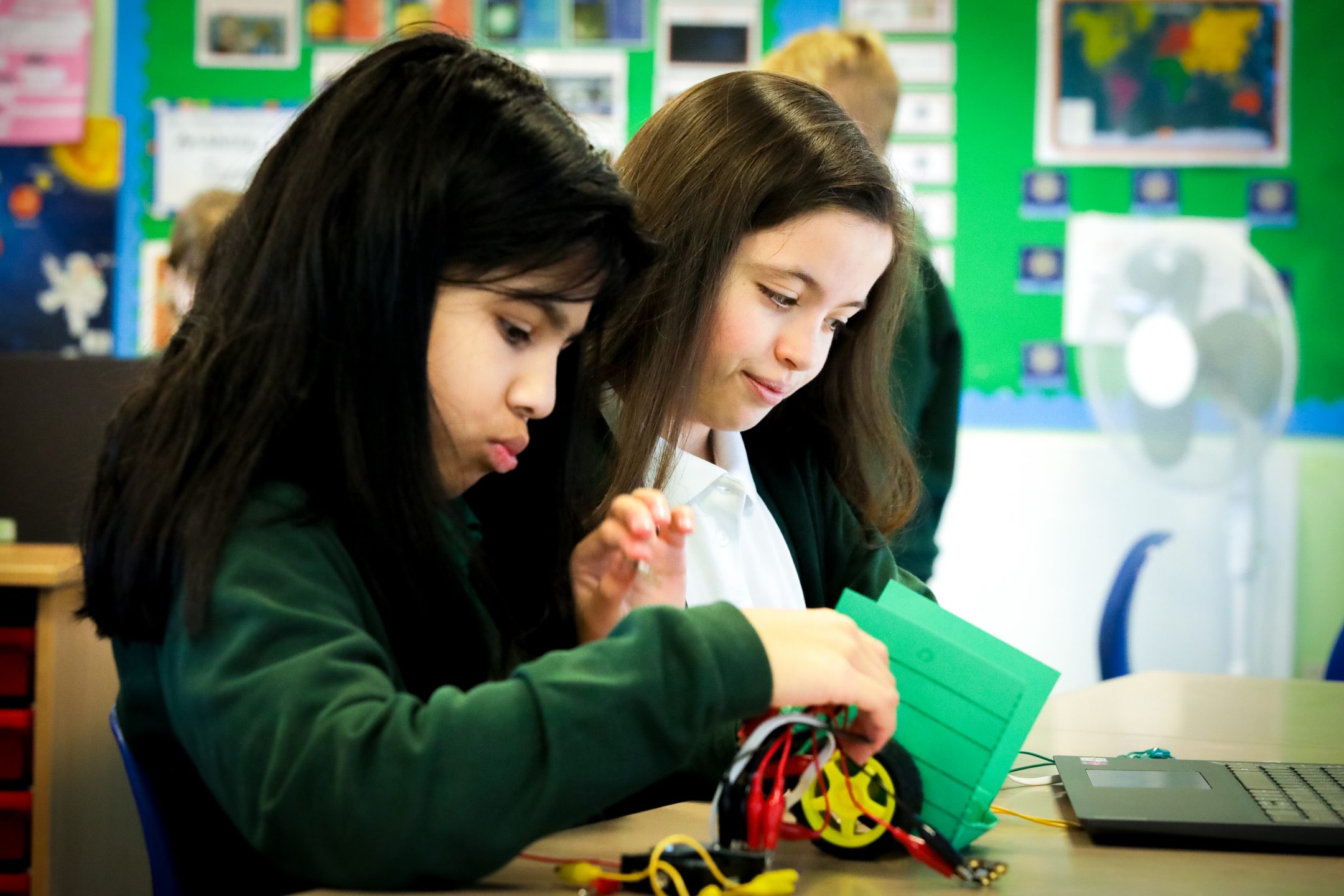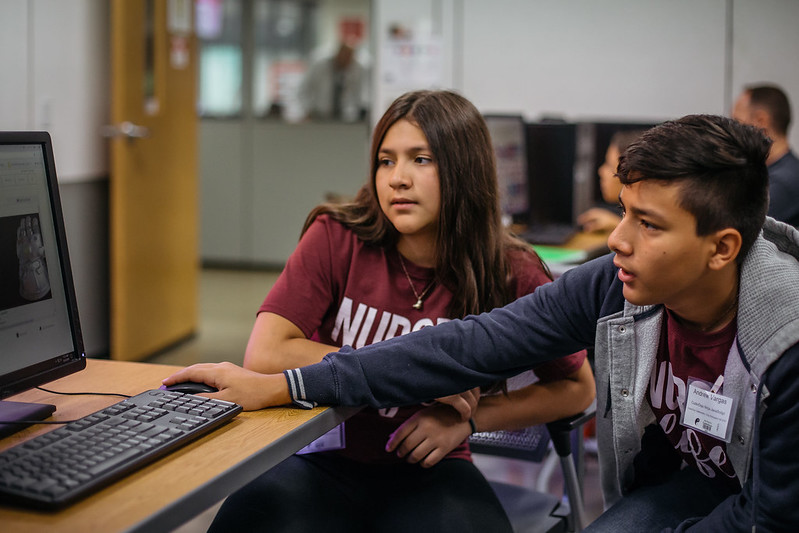Since last year, researchers at the Raspberry Pi Computing Education Research Centre have been investigating culturally relevant pedagogy and culturally responsive teaching in computing education, together with the Raspberry Pi Foundation. This is an important part of our research to understand how to make computing accessible to all young people. Previously we developed a set of practical guidelines about culturally relevant and responsive teaching to support schools wishing to introduce culturally responsive computing teaching. Whilst there has been a lot of research and work in this area in the USA, we’re not aware of much research here in the UK, so our focus in developing the guidelines was in localising some of the great ideas developed in the USA so that they were relevant to UK teachers.

What do we mean by culturally relevant pedagogy?
Culturally relevant pedagogy is a framework for teaching that emphasises the importance of incorporating and valuing all learners’ knowledge, ways of learning, and heritage. It promotes the development of learners’ critical consciousness of the world and encourages them to ask questions about ethics, power, privilege, and social justice. Culturally relevant pedagogy emphasises opportunities to address issues that are important to learners and their communities.
Culturally responsive teaching builds on the framework above to identify a range of teaching practices that can be implemented in the classroom. These include:
- Drawing on learners’ cultural knowledge and experiences to inform the curriculum
- Providing opportunities for learners to choose personally meaningful projects and express their own cultural identities
- Exploring issues of social justice and bias

Current work
Our current project, based here at the Centre, is funded by Google, and is a pilot project focusing on the ways in which culturally responsive computing teaching can be implemented in primary and secondary schools. Working with primary and secondary teachers, we are investigating what adaptations to existing lessons might aid inclusivity. We are looking at this through a number of dimensions including the content of the lesson, the contexts in which the lesson is set, the degree of student agency involved, and the pedagogical approaches (e.g. discussion) being used. Our overall approach to this research is participatory and teacher-led. We’re most grateful to the participants in this research project and hope to be able to report on our findings by the end of 2022.
Find out more
We recently published a literature review which summarises some of the research in this field:
Leonard, H. C., & Sentance, S. (2021). Culturally-relevant and responsive pedagogy in computing: A Quick Scoping Review. International Journal of Computer Science Education in Schools, 5(2), 3-13.
The Raspberry Pi Foundation also published a 2-page Quick Read on Culturally Relevant Pedagogy which gives an even more succinct summary of the area.
The team working in and around this project area includes:
- Alyson Hwang
- Anjali Das
- Hayley Leonard
- Jane Waite
- Katharine Childs
- Sue Sentance
We are grateful to Lynda Chinaka and Saman Rizvi for also helping out with this project.
